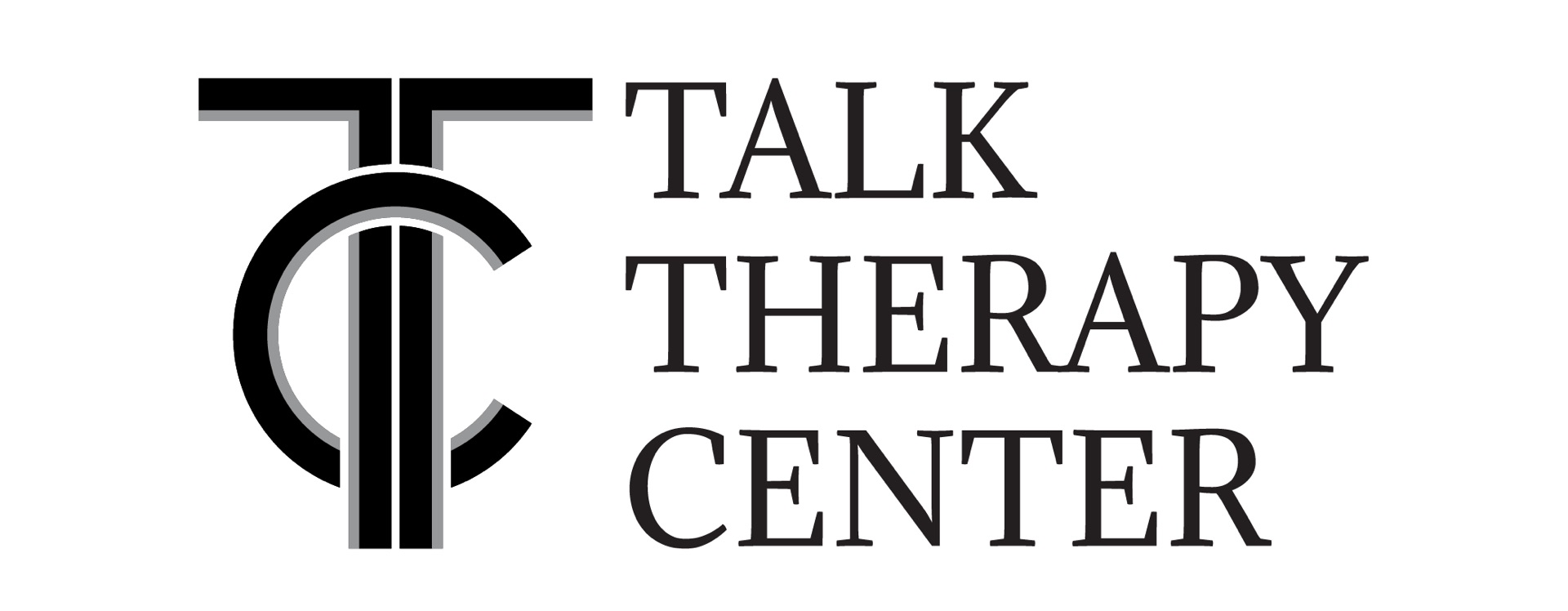So You Want To Be A Therapist

So, you want to be a therapist?
My name is Jason Temple and I’m a Licensed Marriage and Family Therapist. I’m writing this letter to all of the people who are wanting to get into the field of mental health and don’t really know what direction to head or what it all looks like.
I think the first thing you need to consider is what do you want to do as a therapist. Do you want to sit across from people helping them work through their anxiety, depression, or relationship issues? Do you want to teach? Do you want to do testing and write reports? Do you want to be a CPS worker? There are a lot of directions in the field.
Overall, there are two levels of therapy when it comes to mental health. The first is the “Master’s Level” therapist and the second is the “Doctoral Level” therapist. Depending on what you’d like to do should determine what level you should pursue.
Master’s Level
· Marriage and Family Therapist – Trained with the basics of therapy plus extra classes on relationships and family dynamics.
· Clinical Social Worker – Trained with the basics of therapy plus extra classes on community resources.
· Professional Clinical Counselor – Trained with the basics of therapy plus extra classes on working with school aged children.
Doctoral Level
· Clinical Psychologist – Trained with the basics of therapy plus extra classes on research and testing.
· Doctorate of Marriage and Family Therapy – Trained with the basics of therapy plus extra classes on the basics of therapy. This degree can help obtain a job in academia.
The next topic that needs to be considered is “Licensure”. Licensure in the field of therapy occurs after you’ve completed your education (i.e., Master’s or Doctoral Degree), you’ve gone through the appropriate amount of training/experience and you’ve applied through the state licensing agencies for their certification that you’ve met a minimum standard. Often times, a therapist who in the is pre-licensure stage is making a low income. A big reason for this is that they are in “training” (i.e., internship, traineeship, assistantship, etc.) and this requires a licensed supervisor to oversee their work through weekly meetings to discuss their work.
Before you decide what direction that you’d like to pursue, return to the initial question of what you’re hoping to achieve in your career. Generally, the higher your degree, the higher your pay and more options you’ll have in your career (i.e., teacher, therapist, researcher, etc.). However, it is important to know that pay and options also depend on licensure. If you do not pursue licensure at any of the levels described above, options are significantly limited. Therapists with either Master’s or Doctoral degrees cannot practice performing therapy unless they are pursuing licensure.
Why would someone not pursue licensure?
· First off, it takes a long time. Marriage and Family Therapists, for example, have to accrue over 3,000 hours of therapy during a 2-6 year period prior to being able to apply to take state licensure exams.
· Secondly, taking the exams is very challenging and if you do not pass you have to wait months to try again. This creates a lot of pressure since failing might mean that the jump into a livable salary just got delayed.
So, you want to be a therapist? My recommendation is to sit down and figure out what you want to do with it. Once you’ve decided on that (and the correlating degree/pathway), understand that (Marriage and Family Therapist example) a Bachelor’s Degree (~4 years) plus a Master’s Degree (~2 years) plus an internship (~2-6 years) plus licensure (~? Years) could take up a huge part of your life before you’re even at a place where you can make money.
So, how much money will I make?
There are plenty of figures online that will be more accurate that I can throw out here. I can say that during grad school you likely will not be paid by training sites. Following grad school, that may continue or you might earn up to minimum wages (or slightly higher). In California, it wouldn’t be abnormal to see pre-licensed therapists making $15-30 per hour (or per session which could mean that you’re only getting $30 for 10-30 hours of work per week). Once licensed, it really depends on where you live and what field and sector you choose to work in as you may continue to work “sliding scale” at a non-profit agency for $30,000 per year or you might work at a corporation in San Francisco for $180,000 per year.
A word of caution.
I do want to say be careful deciding your pathway. If you don’t think you can make it to licensure, choose another career. If you don’t think you’ll need a doctoral degree to do what you want to do, save money and choose the master’s degree. If you are only wanting a doctorate to legitimize you as a professional or to build your ego, work on that issue in your own therapy.
I’ve seen a lot of people go into the field of therapy who ended up struggling more with life than their clients. I’m not saying their clients didn’t get something out of their therapy. I am saying that it’s a great idea to start working your own issues out as they will inevitably be present in your sessions whether you are aware of them or not.

